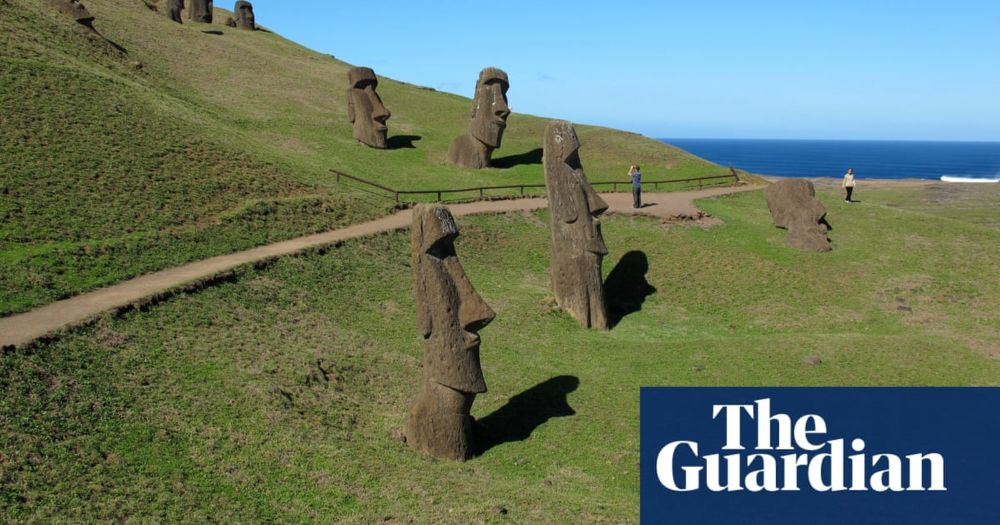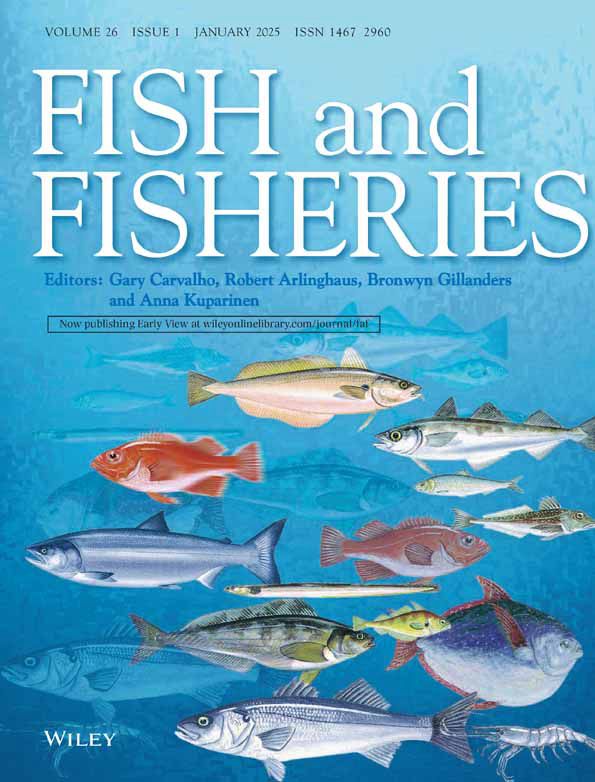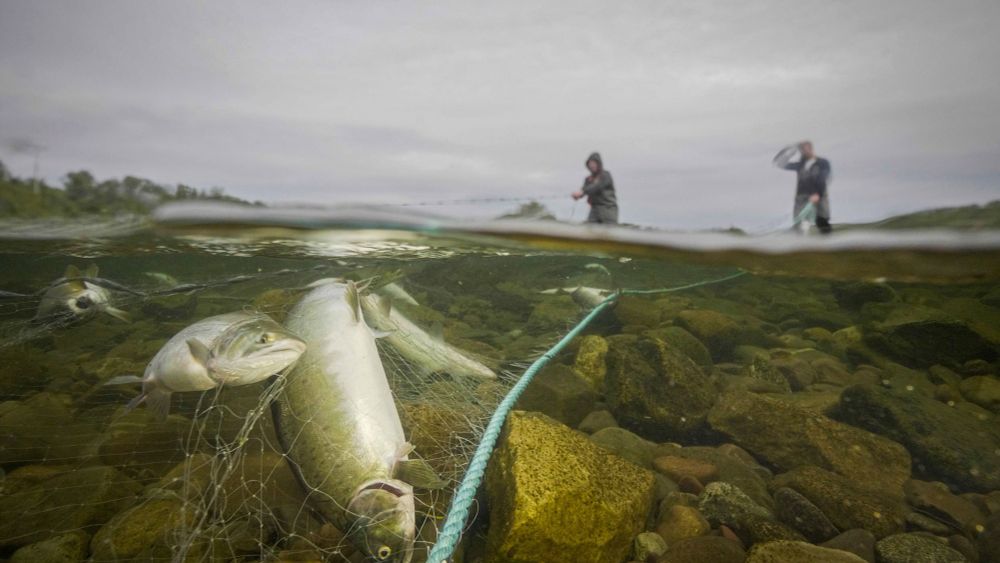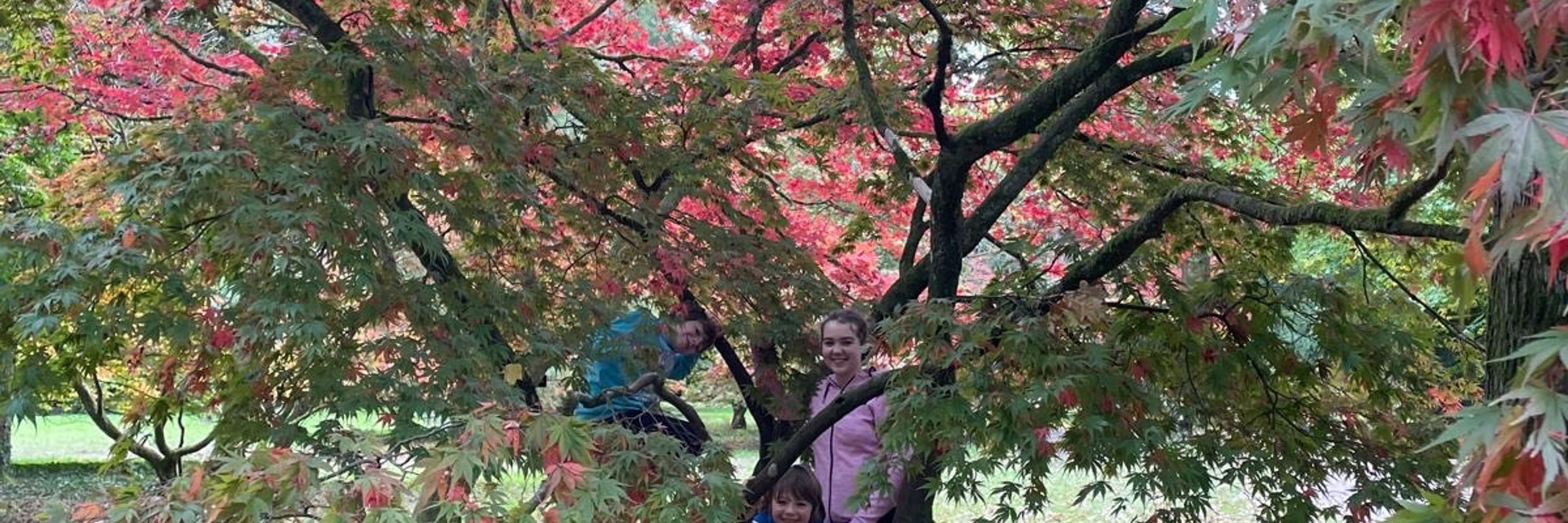
Nearly half of countries have fewer than 10 plant taxonomists. Kew is working to close the gap, but we need more experts fast.
Read the study’s key findings and what we're doing about it 👇
https://ow.ly/XhJo50XyGAa






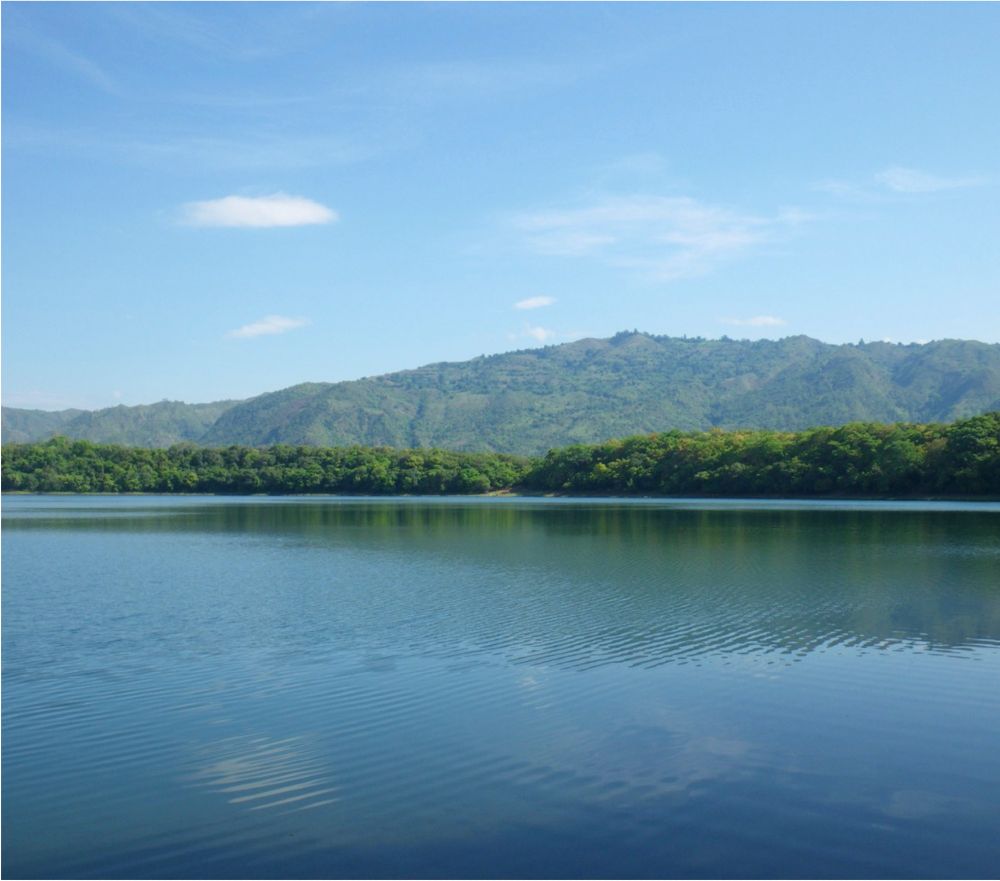

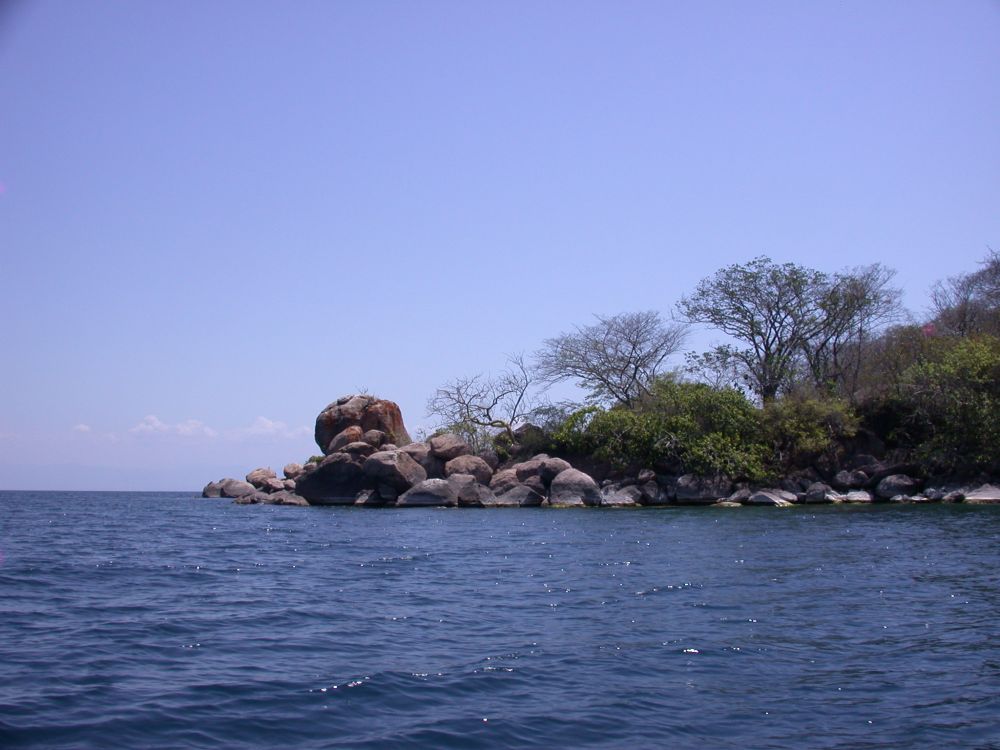
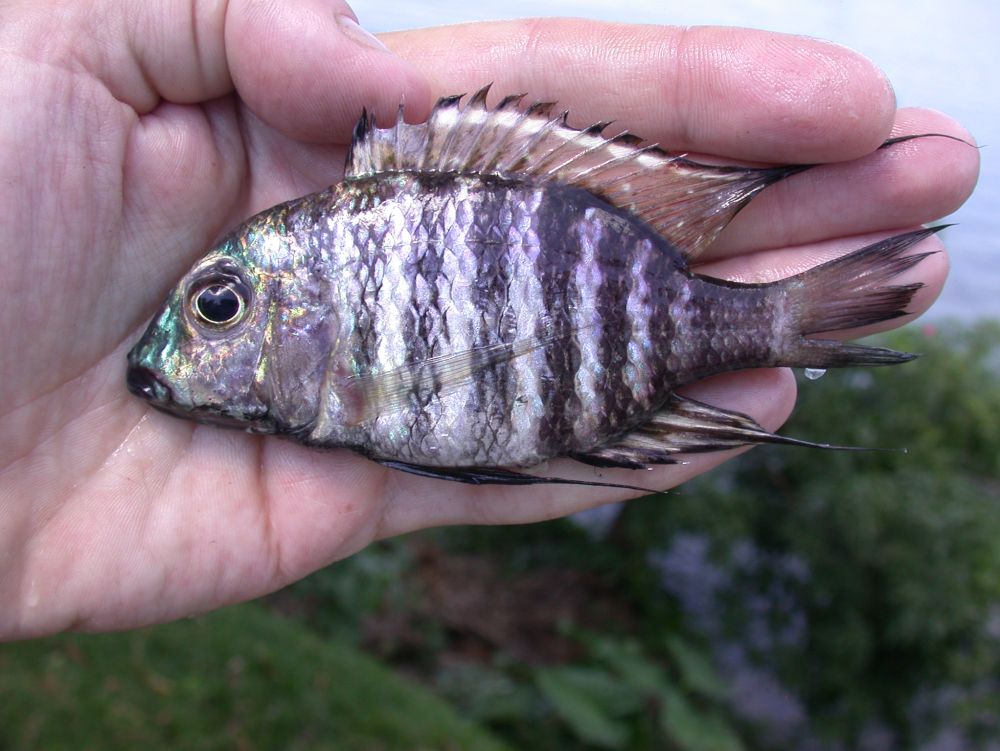
🌍🌴 Position: Senior Research Associate / Research Associate in Field and Molecular Ecology.
🪲🐝🦋 Task: You will use iDNA & eDNA to build bee-plant and dung beetle-mammal networks in the Brazilian Amazonia, Ghana, & Malaysia.
Further details -> bit.ly/4lurR9z
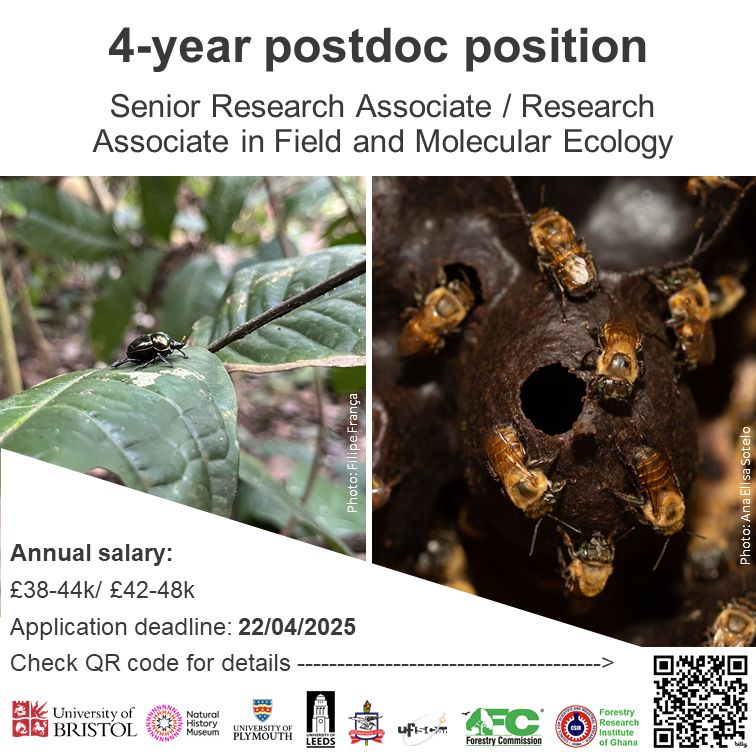
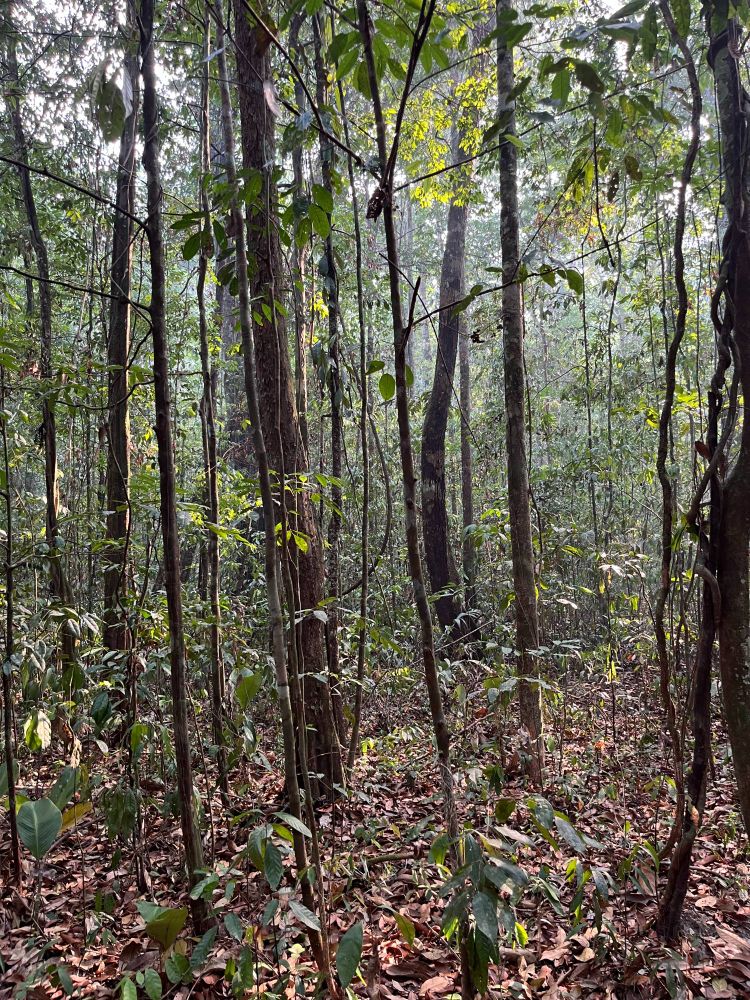
🌍🌴 Position: Senior Research Associate / Research Associate in Field and Molecular Ecology.
🪲🐝🦋 Task: You will use iDNA & eDNA to build bee-plant and dung beetle-mammal networks in the Brazilian Amazonia, Ghana, & Malaysia.
Further details -> bit.ly/4lurR9z
Sea ice amounts have now fallen to their lowest since we started measuring them. This is not good.
🌊🥼❄️🧪
www.bbc.co.uk/news/article...
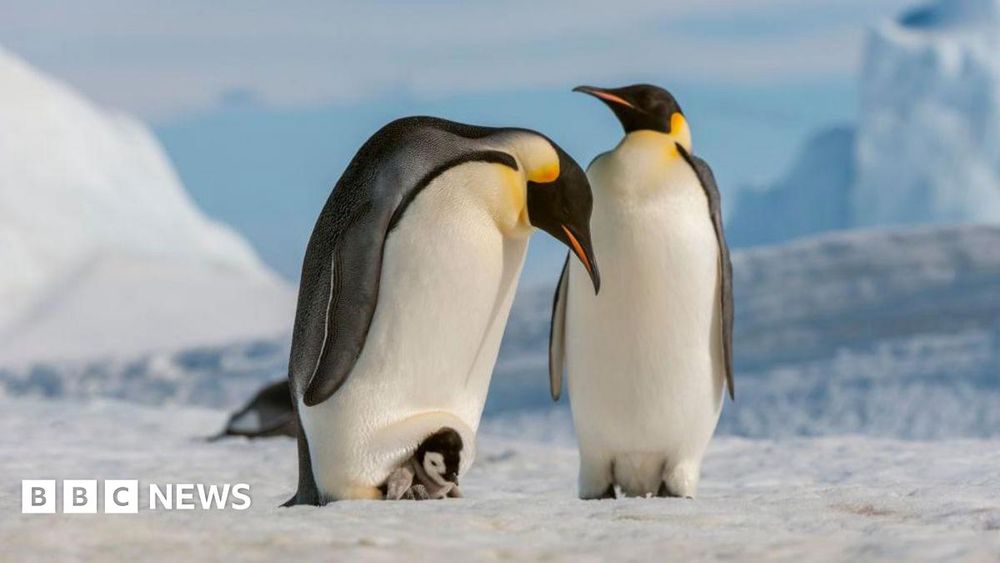
Sea ice amounts have now fallen to their lowest since we started measuring them. This is not good.
🌊🥼❄️🧪
www.bbc.co.uk/news/article...




The @biopole.bsky.social team are investigating how nutrients drive the global carbon cycle and ocean ecosystems, and the impact of climate change.
📸 Maddy De Marchis
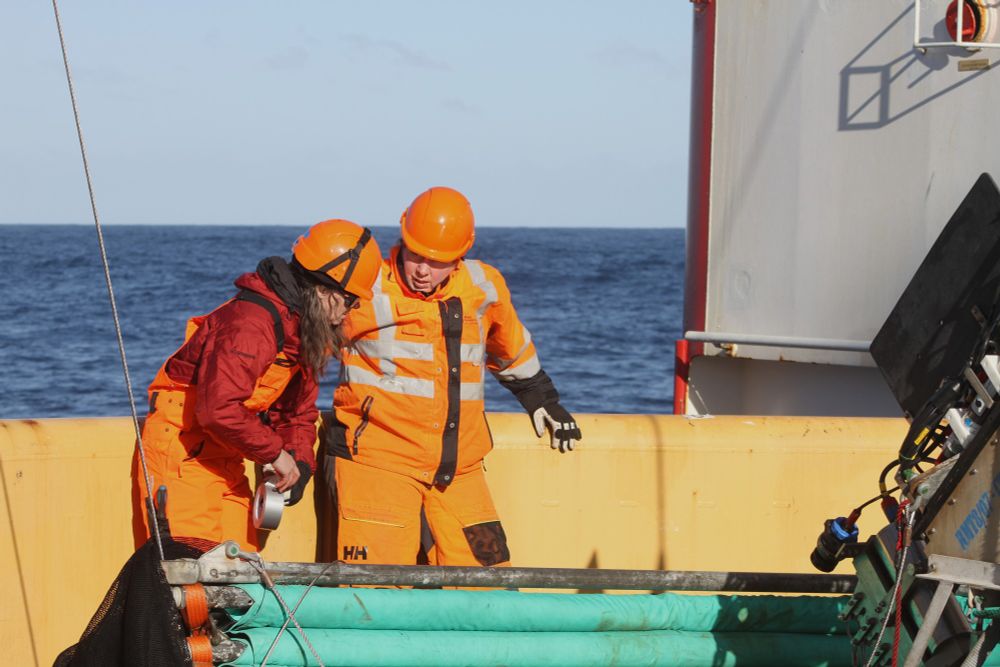
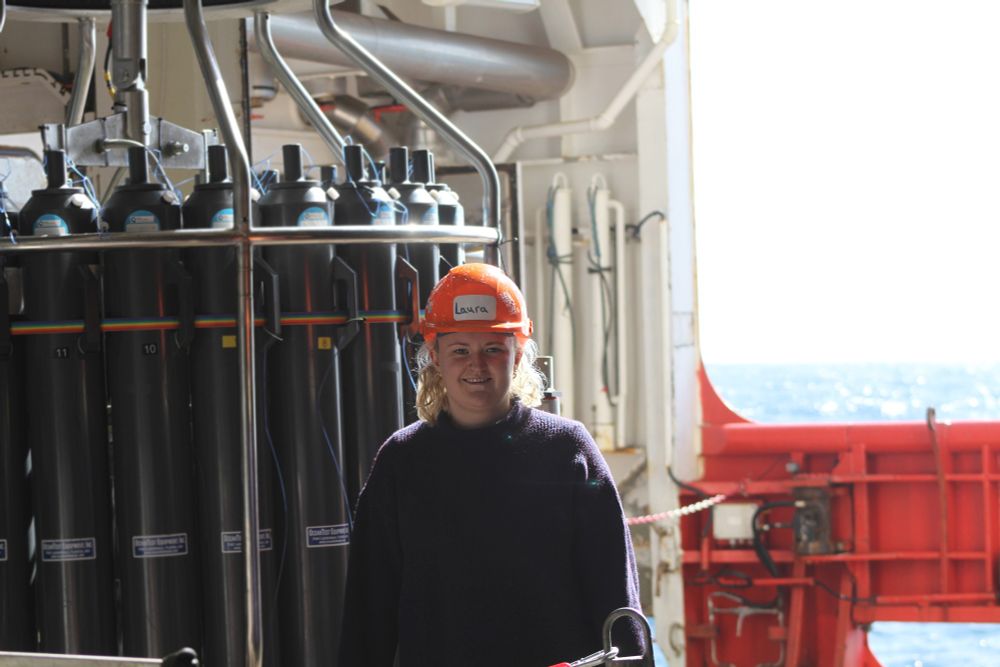
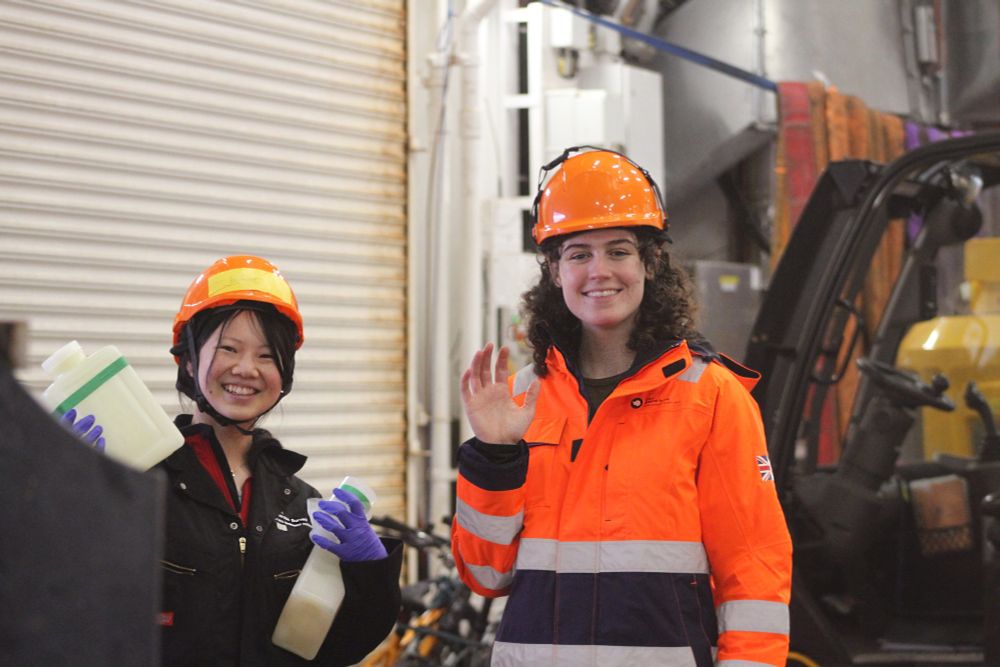
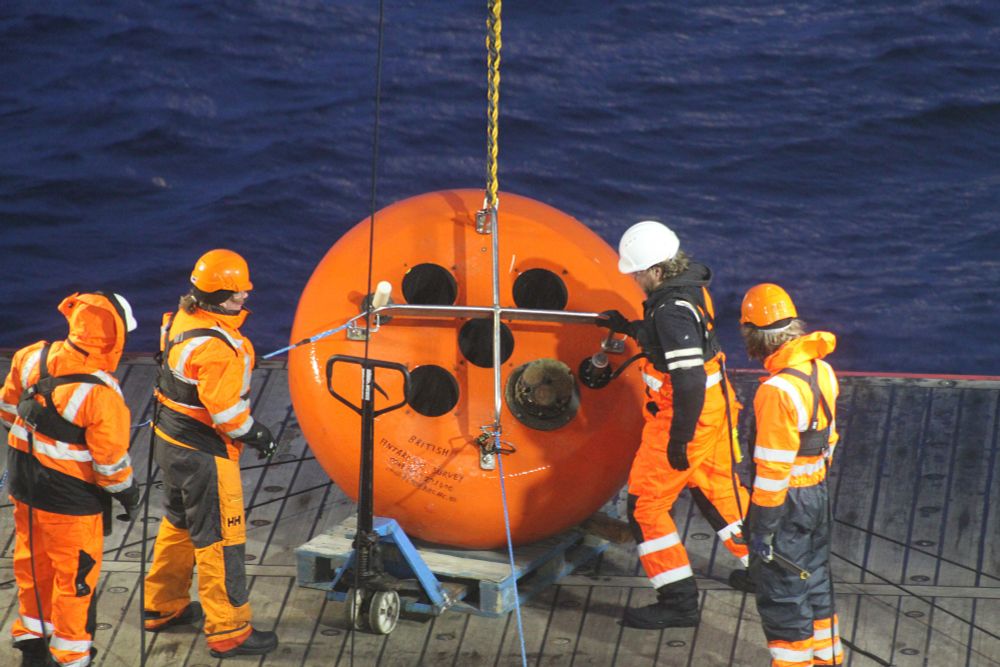
The @biopole.bsky.social team are investigating how nutrients drive the global carbon cycle and ocean ecosystems, and the impact of climate change.
📸 Maddy De Marchis
That's what a team of scientists are hoping to learn more about, as they embark on a 51 day voyage around the Southern Ocean. 🌊
It's time for a thread 🧵
/1
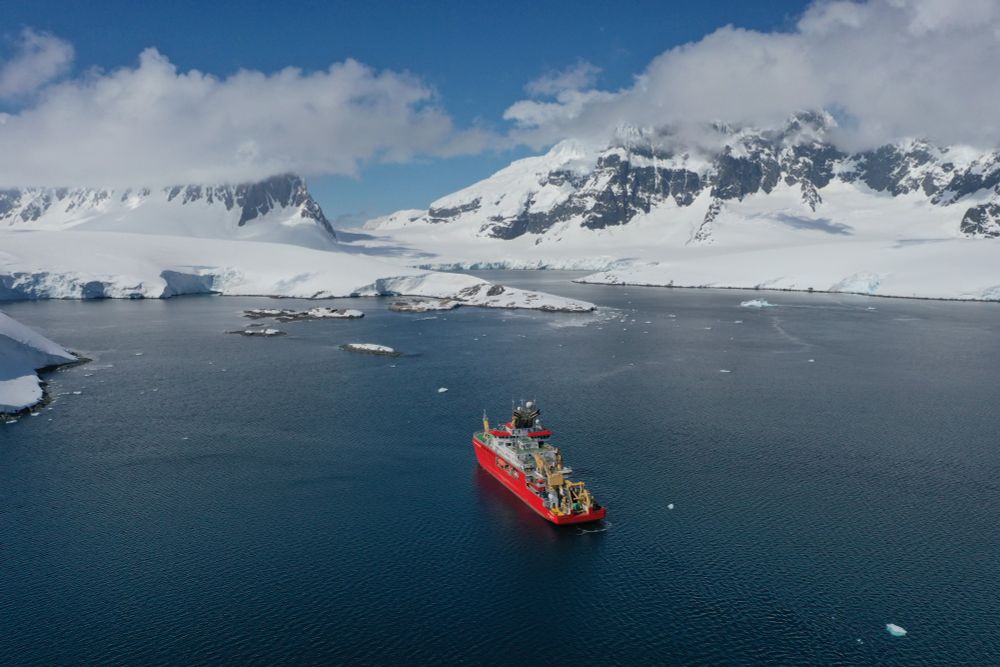
That's what a team of scientists are hoping to learn more about, as they embark on a 51 day voyage around the Southern Ocean. 🌊
It's time for a thread 🧵
/1
We seek to appoint a new Lecturer in Evolutionary Biology in the School of Biological Sciences, find out more at the link below!
www.bristol.ac.uk/jobs/find/de...
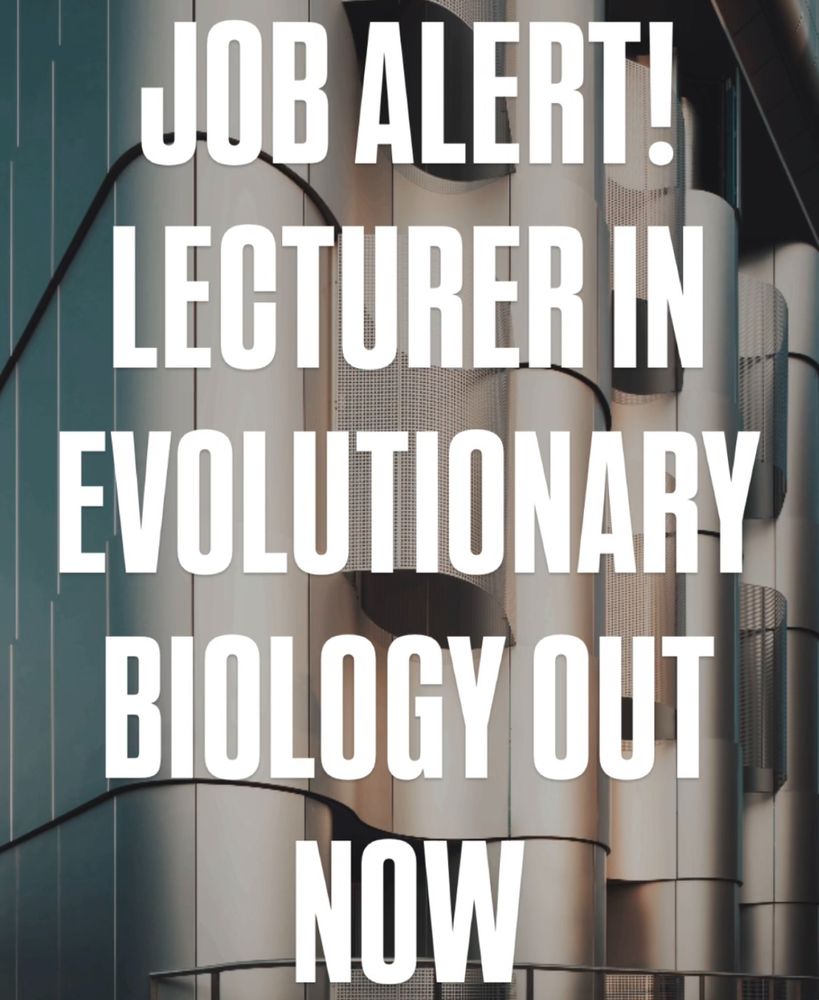
We seek to appoint a new Lecturer in Evolutionary Biology in the School of Biological Sciences, find out more at the link below!
www.bristol.ac.uk/jobs/find/de...
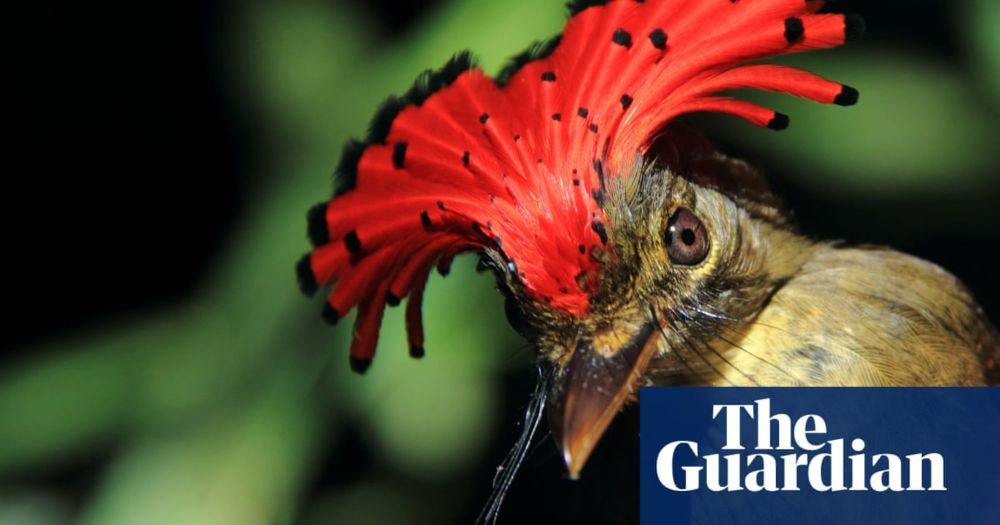
The genus was named "Mini", and the three species are:
Mini mum
Mini ature
Mini scule
(scientists are nerds, okay?)
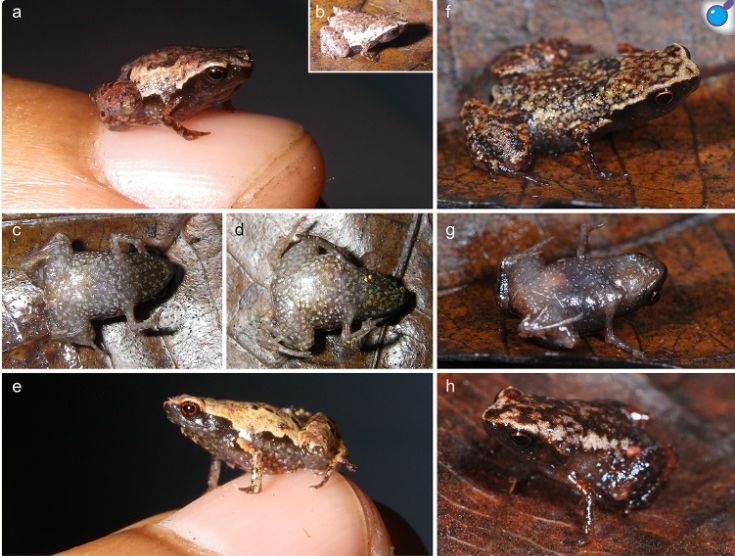
The genus was named "Mini", and the three species are:
Mini mum
Mini ature
Mini scule
(scientists are nerds, okay?)
really interesting case study of trophic cascade from @cooperpalaeo.bsky.social www.theguardian.com/environment/...
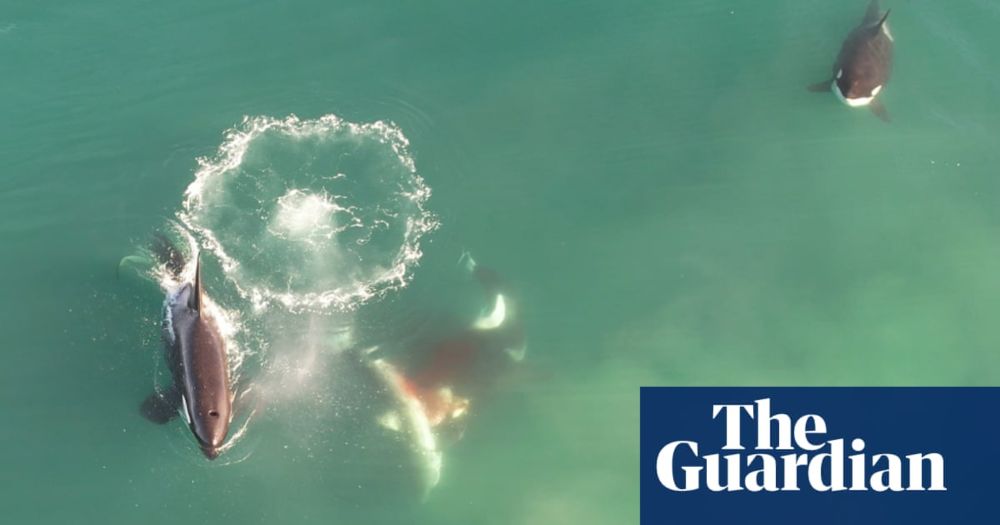
really interesting case study of trophic cascade from @cooperpalaeo.bsky.social www.theguardian.com/environment/...
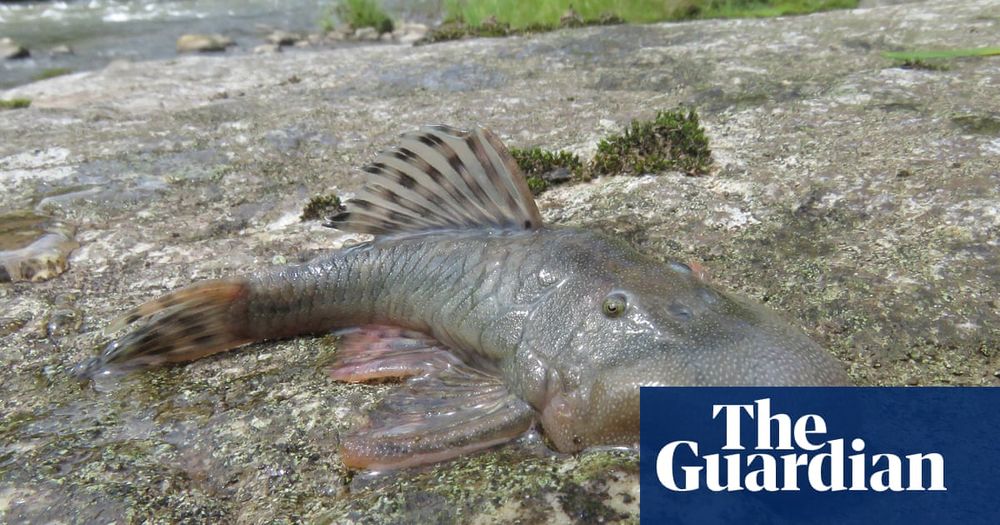
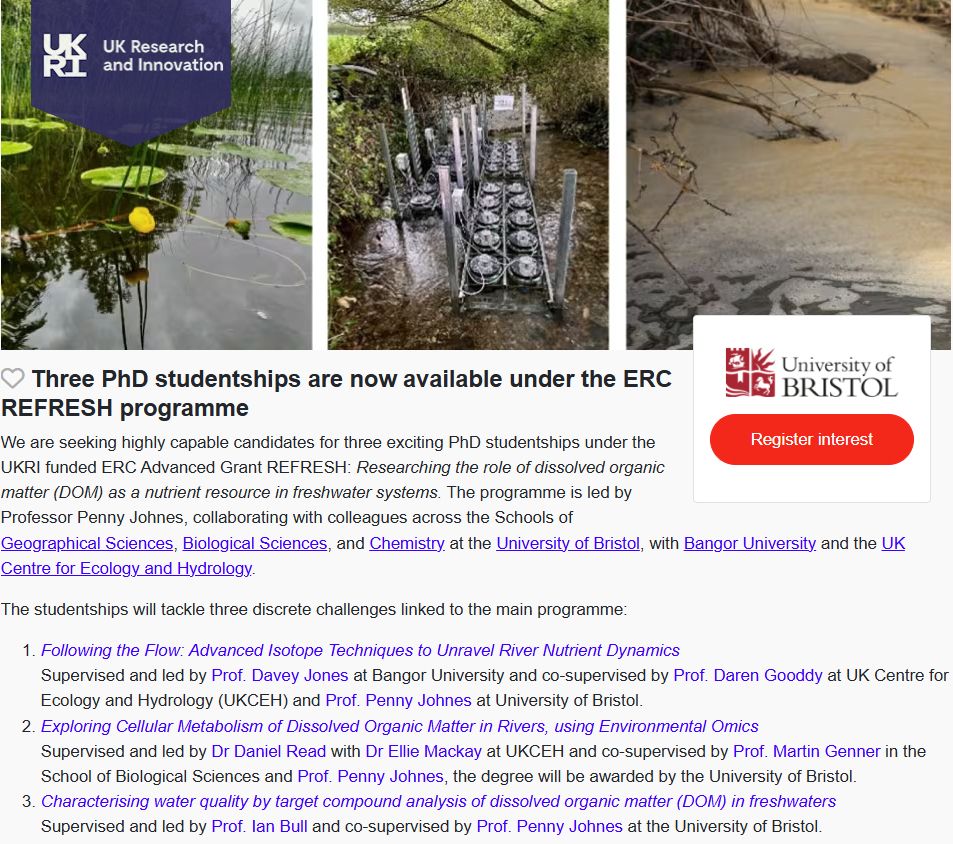
Lecturer / Senior Lecturer in Biological Sciences:
bristol.ac.uk/jobs/find/de...

Lecturer / Senior Lecturer in Biological Sciences:
bristol.ac.uk/jobs/find/de...
www.pnas.org/doi/10.1073/...
Made possible by #RivFishTIME
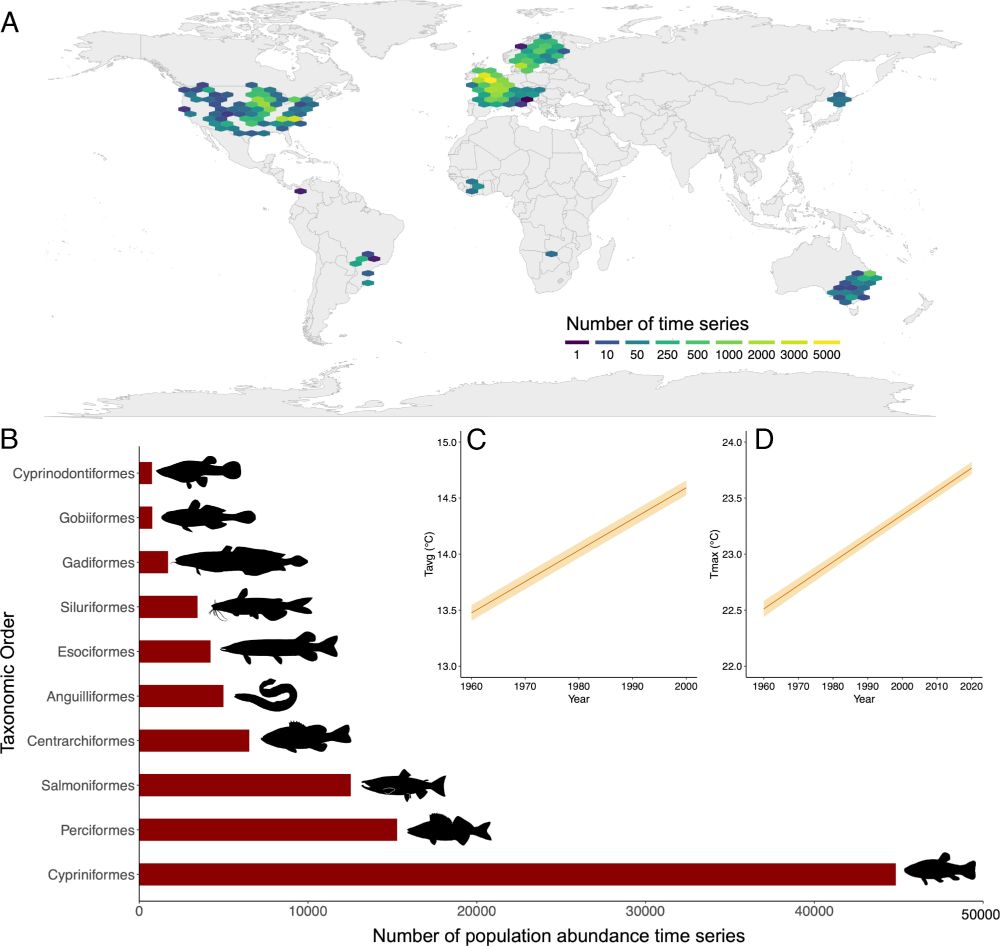
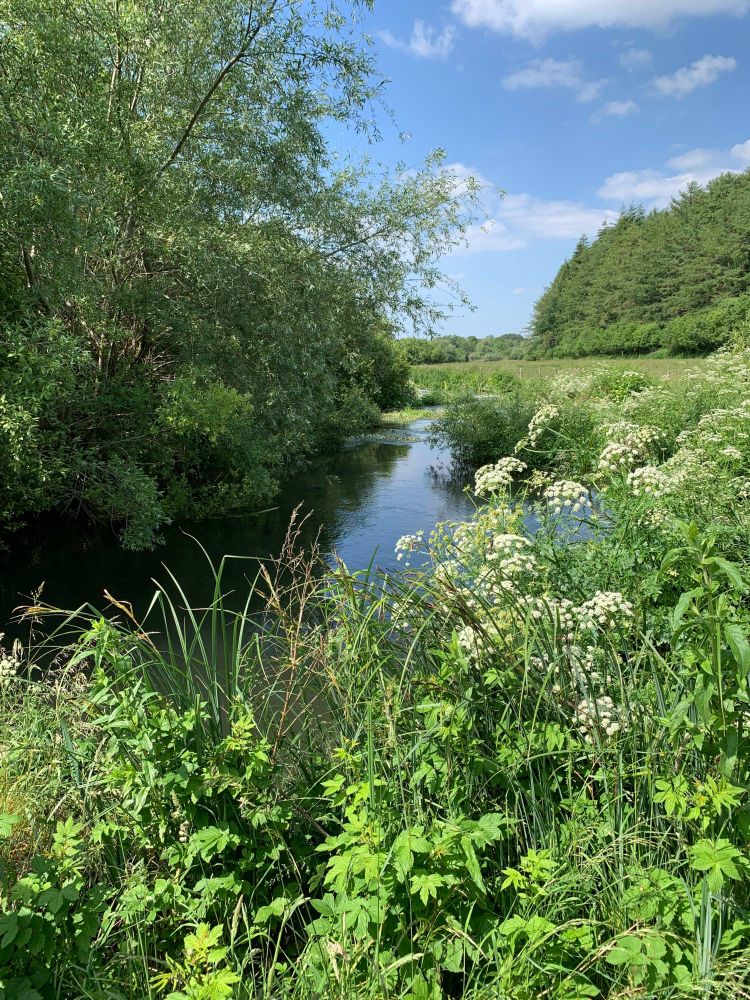
www.pnas.org/doi/10.1073/...
Made possible by #RivFishTIME


